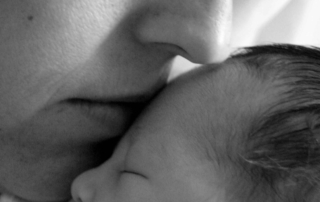Anxiety During Pregnancy Predicts Worse Outcomes
In treating pregnant women with mood or anxiety disorders, we tend to focus primarily on the reproductive safety of psychotropic medications; however, it must be recognized that withholding or withdrawing pharmacologic treatment for depression or anxiety during pregnancy may carry some degree of risk. Untreated psychiatric illness in the mother cannot be considered a benign event, and a number of studies have indicated that depression during pregnancy may negatively affect pregnancy outcomes (reviewed in Bonari 2004).







